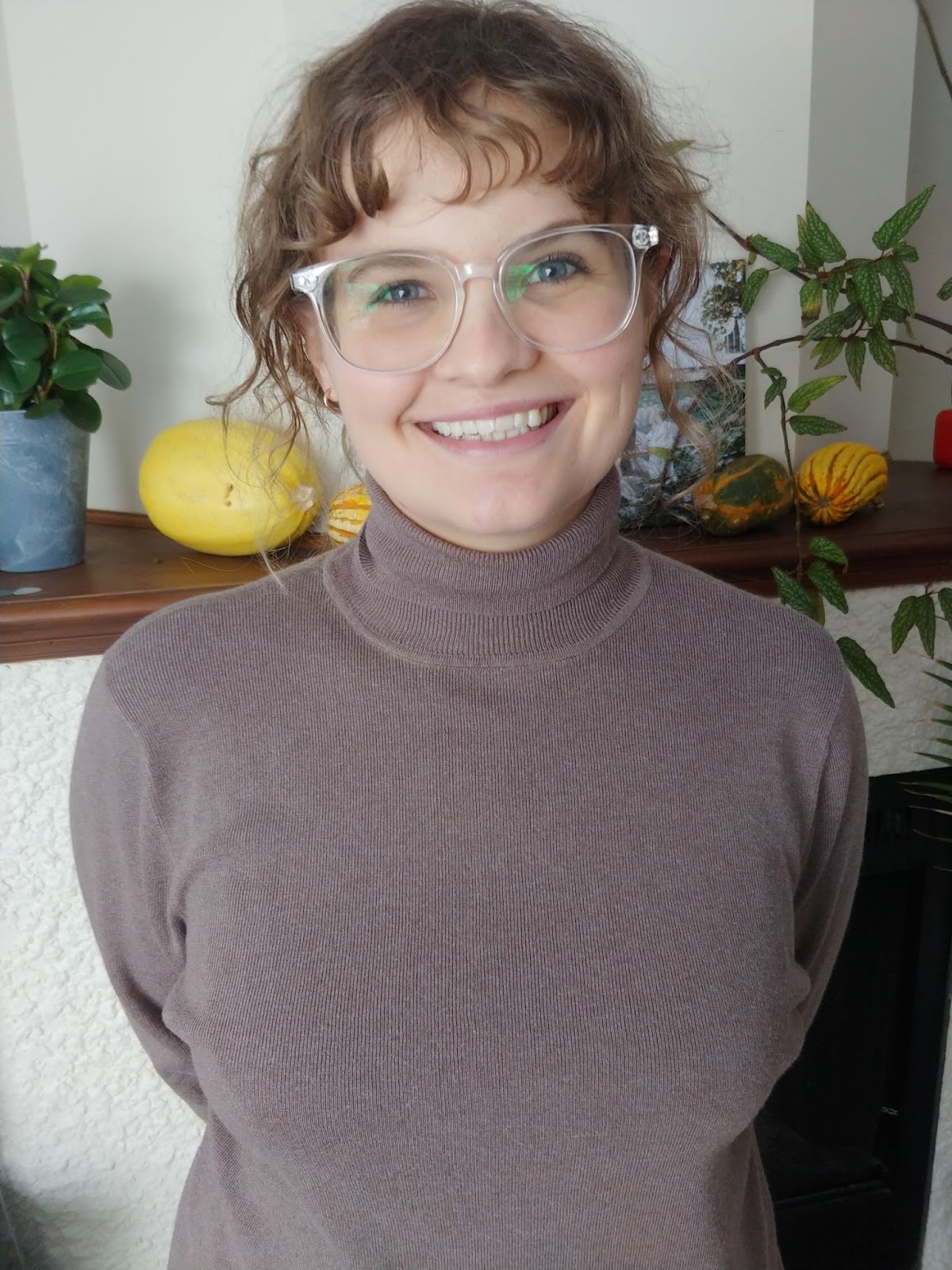Healing From an Eating Disorder
I was pushing my 3 month old in the stroller, enjoying a cinnamon bun and the sunshine when I was suddenly struck with how unbelievable it was that I was here.
I have been in recovery after ten years of being in the thick of an eating disorder, where enjoying food and exercise and being happy with my body seemed impossible. Five years ago, eating a cinnamon bun would have consumed my thoughts for days, filling my mind with guilt. But today was different. I am now able to delight in my body, food and exercise in a way that I never could have imagined.
As a young teenager, I saw my struggles with overeating, compulsive exercise, dieting and bulimia as just a bad habit. I firmly believed that I was in control of them and could stop if they ever got “really bad.” They would pop up every once in a while, mostly during a celebration or party where there would be lots of food and then I would put them away until the next time.
The motivation for these behaviors was rooted in insecurity that started during my pre-teen years as my body began to change. In my family or origin, weight gain and food were very common topics, and paired with my sensitive personality, created the perfect breeding ground for doubts and lies about how I thought I should look. I thought I was overweight and ugly. But the image that I had of myself wasn’t real - as I look back in pictures, I realize how normal I was. But body dysphoria didn’t allow me to see myself clearly and prompted me to take charge of my weight in the only way I knew how - a cycle of dieting, exercising and purging when I lost control and over-ate.
During these early years, I had a committed prayer life but it was overwhelmed with guilt and making promises to God that I would do better. I struggled to accept that God could love me unconditionally when I hated myself so much. So, my view of God was that he was kind of like a life coach who really just wanted me to do better and who would test me in order to help me grow. But in my mind, every time I would purge or lie about being fine to my parents, I failed him. I thought he was disappointed in me, looking down from heaven with a frown as he said, “you really should know better.”
As my teen years went on, the illusion of control over my eating issues vanished. My behavior became more and more frequent and compulsive. I began to realize that this wasn’t just a bad habit, but a real addiction. Everytime I would fall, I would promise that it was the last time, go to confession and be fine for a day or two until I was triggered again. I begged God to just make it stop but also blamed myself for not being “good enough” to stop on my own. There was a constant barrier between true intimacy with Jesus because I believed that I had to get better before I could really be loved by him.
A huge breakthrough happened for me at an adoration night during the summer after I graduated from high school. At this point, I was emotionally exhausted from trying to fight my addiction on my own. My relationship with God was inconsistent as I struggled with a lack in hope that things could ever get better. As much as I wanted to go out into the world and begin my life as an adult, I felt afraid that I would only mess myself up more. I found myself once again in a cycle of pleading for healing while also believing that I had to fix this on my own. As I was praying, the story of Jesus and the adulterous woman from John 8 came to my mind.
“Then Jesus… asked her, “Woman, where are your accusers? Has no one condemned you?” “No one, Lord,” she answered. “Then neither do I condemn you,” Jesus declared.”
In this moment, Jesus was saying those words to me and it became clear that he was not condemning me for my struggle. The voice of self-loathing and the belief that I had to be better before I could be loved were not his.
Even though that moment did not result in me being miraculously healed from my eating disorder, I mark that moment as the beginning of my recovery. That encounter with Jesus’ mercy began my journey to see myself and my mental health condition through his eyes of compassion and love instead of the lens of self-hatred and self-blame that I had previously viewed myself through. This meant that even when I fell into the behaviors of my eating disorder, I could remind myself of his mercy and get back up again to fight another day. The journey has included many things - counseling, finding support from others who have also struggled in similar ways, mindful movement, and learning how to intuitively eat. These steps were only possible because of the foundational knowledge that I am worthy of love.
Understanding His compassion and love changed my ability to receive His healing.
The powerful reality that Jesus is with me in my struggles is what has kept me moving forward in my recovery. In the face of addiction and cycles of self-hatred, I have turned time and time again to the truth that I am lovable just as I am - I don’t need to fix myself in order to be worthy of having a deep and intimate relationship with Christ. Life brings me new challenges and my eating disorder recovery has included times of relative calm as well as seasons of relapse. It is his unconditional love that draws me forward into healing.
